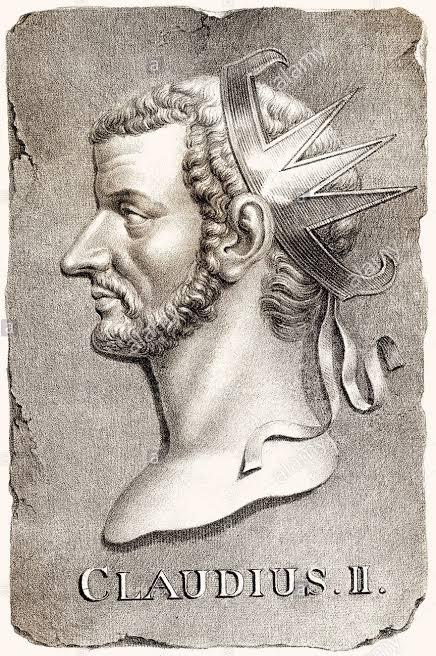Before addressing the question in the title tweet, let me first back up to the origin of the term "quasigroup". The first use of the term was by Ruth Moufang in 1935 in her study of the multiplicative structure of the octonions.
(1/15)
Moufang defined "quasigroup" in a much narrower sense than we do now. The details are not part of this story, so I'll skip them. What she called quasigroups we now call Moufang loops in her honor.
(2/15)
The current definition of quasigroup - a set with binary op * s.t. for all a,b, the equations a*x=b, y*a=b have unique solutions x,y - is due to Hausmann & Ore (1937), in the same paper where they introduced the "other" meaning of "groupoid": a set with a binary operation
(3/15)
It was A.A. Albert (1943) who introduced the term "loop" for a quasigroup with identity element. In his words, "It will be very convenient to have a special name for such quasigroups..." (p.510)
(4/15)
Albert's motivation was mathematical: I won't explain here what the equivalence relation of "isotopy" means in nonassociative algebra, but he showed in that same paper that every quasigroup is isotopic to a quasigroup with an identity element.
(5/15)
But why "loop" instead of something else? The undoubtedly apocryphal story is this: Albert spent his entire professional life at the University of Chicago. The main downtown part of Chicago is known as the Loop. Hence "loop" was a natural word for him to choose.
(6/15)
And of course, "loop" is short and rhymes with "group".
There is no evidence whatsoever for any part of this story. What is true is that Albert borrowed topological terminology rather heavily.
(7/15)
For example, as mentioned, Albert introduced "homotopy" in nonassociative algebra and quasigroup theory: "This term has a very different meaning in topology but its use here and in the theory of algebras seems very desirable." (footnote 4, p.508)
(8/15)
Why did Albert import topological terminology? No one knows. It is interesting that Norman Steenrod was at the University of Chicago during this same period. Did Steenrod's presence inspire Albert somehow? Again, no one knows.
(9/15)
Now for my own little speculation. I have a hypothesis that "loop" was not Albert's first choice. I think that in the first draft of his paper, he called a quasigroup with identity ... a knot!
(10/15)
My evidence is this strange error in the published version of the paper. In precisely one place, the word "knot" is used in place of "loop". My guess: early drafts had "knot". At some point he decided to replace all instances of "knot" with "loop". This one was missed.
(11/15)
This is another instance of Albert borrowing topological terminology. If he had decided to stick with "knot", then "knot theory" would have two unrelated meanings!
(12/15)
Finally: does the terminology in quasigroup theory ever conflict with topology? In practice, no, not really. But I'll describe one case where it (sort of) does.
(13/15)
The set [K,A] of homotopy classes of mappings from a CW-complex K into a pathwise-connected H-space A inherits a binary operation from the multiplication on A. In 1957, I.M. James showed that with this binary operation, [K,A] is a loop... in the quasigroup sense!
(14/15)
I hope to understand all that someday beyond just the level of reciting definitions and results.
That's all for today. As always, thanks for reading!
(15/15)



























